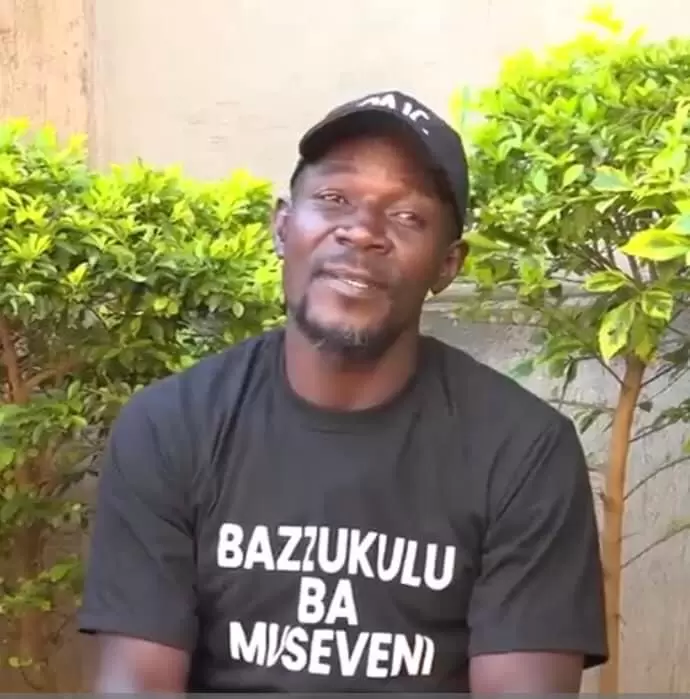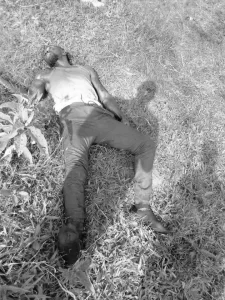
Every time something comes to an end, something else begins. So is it the end of a beginning or the beginning of an end for building strong land policies in Uganda?
The death of notorious criminal and self-proclaimed leader of the kifeesi criminal gang Paddy Serunjogi, commonly known by his nickname ‘Sobi’, who was killed in a land dispute in Gomba district of Central Uganda, where he was hired by one ‘Kalisa’ to guard his land located in Maddu subcounty, leaves many citizens with unanswered questions on whether it is the start of the end or the end of the start in solving the widely circulating land violence in Uganda.
According to a report published online by the New Vision news paper, a report by Kanoni Police Station indicated that at about 12:30 p.m. on Monday, December 18, 2023, a group of 50 people armed with sticks, panga’s, and spears attacked one another and ended up with the fatality of Sobi.

Most recently, Uganda has had a spike in land conflicts ranging from the 85-acre Lusanja land dispute in Kasangati town council that saw the demolition of houses and displacement of thousands by businessman Medard Kiconco to the 926.25-hectare land dispute in Hoima district that saw the eviction of more than 1000 people, comprising farmers and pastorals, from their homes in Waaki North, Waaki South, Kapapi Central, Runga, and Kiryatete villages in Kapapi and Kiganja sub-counties.
Additionally, the Apaa land question in Adjumani district, where attacks have been recurring as the Madi community wants the Acholi people pushed out of the land, and the current ‘Balalo’ question in Northern Uganda, among very many others, have faced symptomatic myriads of land issues that have cropped up since 1906, when the British Colonial administration disorganized land systems by transferring some of the land in Bunyoro-Kitara to the Buganda Kingdom, the renowned “Lost Counties” of Buyaga and Bugangaizi.
It was the backbone of the Buganda Agreement of 1900, which emerged after the 1894 Anglo-Buganda War against the kingdom of Bunyoro-Kitara, and land conflicts (distinguished from expansionist wars) can be read beginning from this point.
Although Article 137(1) of Uganda’s Constitution clearly stipulates that land ownership in Uganda is by Ugandans, it remains a complex question for deep analysis and discussion why there has always been rising conflicts between people (citizens) meant to own land in a stable nation 67 years after the departure of the colonial masters, as it remains a key concern and a real threat to both human and state security of the country.
A brigade of private bouncers was spotted on Thursday, December 21, 2023, guarding a private building in Wandegeya, near Absa Bank. Out of curiosity, I idiotically twisted my fingers and asked one of the bouncers if I was safe passing near these full black-suited, muscled men. With a light but unwelcoming smile, he told me I could not access the building unless I was part of the family that hired them to guard the building, apparently protecting it from a grabber.
This is just a day after the demise of ‘Muzukulu’ Sobi, who had the sense that he was one of those who boosted being the repentant son of ‘Mzee’.
The question will not be who hires private people to man property, exposing themselves to the dangers of fights; they barely know the origin. The land question is: is it the end of the beginning or the beginning of the end? Where are we headed?














